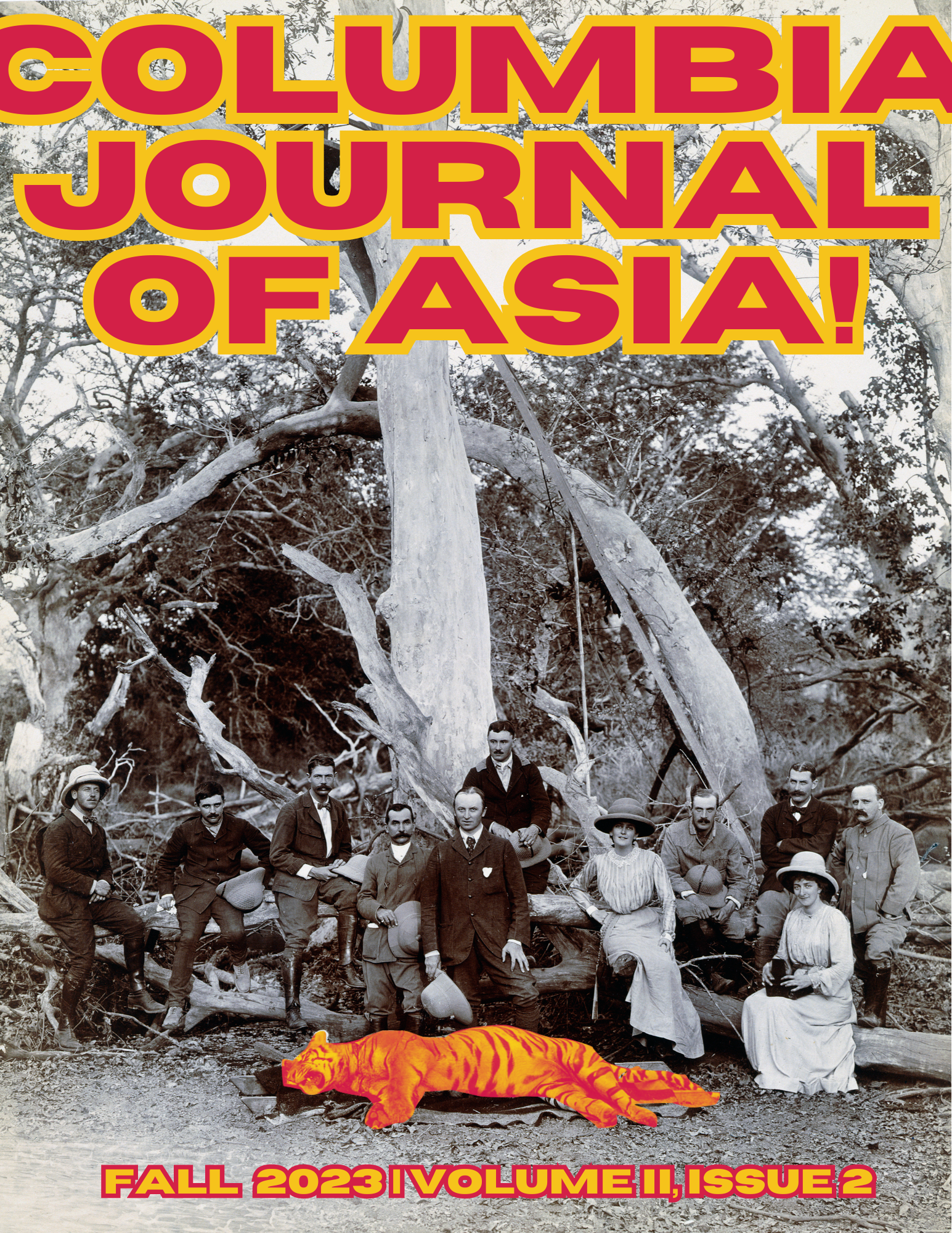摘要
I saw them in an evening in 2021 when I passed by a clothes shop in Chaoyang’s famous hutong, or narrow alleys formed by traditional courtyard houses, during one of the many lockdown heights in Beijing that rarely paralyzed the entire city. To keep the economy running, individuals who momentarily shared a public space such as subways, shops, or schools with someone who tested positive, as indicated by the health codes we scanned everywhere we went, were put into 14-day quarantines without shutting down the neighborhood. The conversation I heard between the women went as follows:
Customer: “So, you’re on lockdown?”
Saleswomen: “Yes.”
Customer: “You’d be here for 14 days?”
Saleswomen: “Yes.”
Customer: “How do you shower or sleep?”
Saleswomen: “There’s a sink in the back to wash our face.”
To protect public health, the public was ironically locked into unhealthy environments. Considering the inflation, artificial shortages in necessities, recession-induced layoffs, forced overtime in closed factories where most workers were quarantined at, and continued work that increased the risk of exposure, all without any financial assistance, the working class always bears the blunt of the impact of government and capitalist growth policies.
This work is the third in my series called “Progress,” which contains snapshots of my personal life, a glimpse, or a momentary revelation that gives context and complexity to the well-acclaimed liberalization of Chinese economy.

